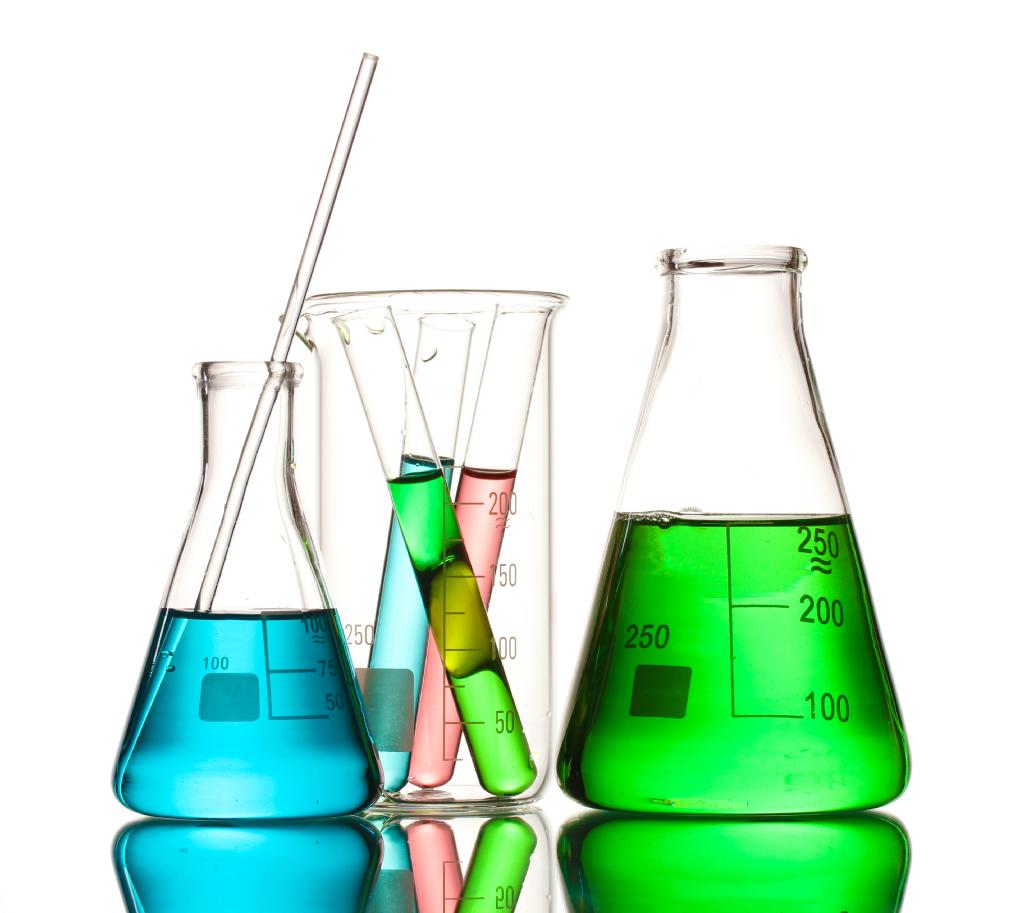Unraveling the Duration of Chemical Allergic Reactions: Insights and Solutions

Chemical allergic reactions can be distressing and debilitating for individuals who experience them. Understanding the duration of these reactions is crucial for effective management and prevention. In this comprehensive blog post, we will delve into the various factors that influence the duration of chemical allergic reactions and explore practical solutions for minimizing their impact.
- The Nature of Chemical Allergic Reactions:
Chemical allergic reactions occur when the immune system overreacts to certain substances, triggering a cascade of symptoms. These reactions can range from mild skin irritations to severe respiratory distress, depending on the individual and the specific chemical involved. - Factors Affecting Duration:
a) Sensitivity Level: Individuals with heightened sensitivity may experience prolonged allergic reactions compared to those with lower sensitivity.
b) Exposure Duration: The length of exposure to the allergen can influence the duration of the reaction. Longer exposure may lead to more persistent symptoms.
c) Allergen Concentration: Higher concentrations of the allergen can intensify the reaction and potentially prolong its duration.
d) Individual Immune Response: Variations in immune system function can impact the duration of allergic reactions. Some individuals may experience quicker resolution, while others may have prolonged symptoms. - Common Chemical Allergens and Their Durations:
a) Cosmetics and Personal Care Products: Allergic reactions to chemicals in these products can last anywhere from a few hours to several days, depending on the severity of the reaction and the individual's immune response.
b) Household Cleaning Agents: Reactions to cleaning agents can persist for several hours to a few days, especially if there is prolonged exposure or contact with sensitive areas of the body.
c) Industrial Chemicals: Allergic reactions to industrial chemicals can range from a few hours to several weeks, depending on the specific chemical, concentration, and individual factors. - Managing and Minimizing Allergic Reactions:
a) Avoidance: Identifying and avoiding allergens is the most effective way to prevent allergic reactions and minimize their duration.
b) Protective Measures: Wearing gloves, masks, and other protective gear can reduce exposure to allergens and mitigate the severity and duration of reactions.
c) Medications: Antihistamines and topical corticosteroids can provide relief and shorten the duration of allergic reactions. However, these should be used under medical supervision.
d) Allergen Immunotherapy: For individuals with severe and persistent allergic reactions, allergen immunotherapy can be considered. This treatment aims to desensitize the immune system and reduce the duration and intensity of reactions over time.
Conclusion:
Chemical allergic reactions can vary in duration depending on several factors. By understanding these factors and implementing appropriate preventive measures, individuals can effectively manage and minimize the impact of these reactions. Remember, consulting with a healthcare professional is essential for accurate diagnosis, personalized advice, and appropriate treatment options. Stay informed, stay safe, and take control of your chemical allergies.
